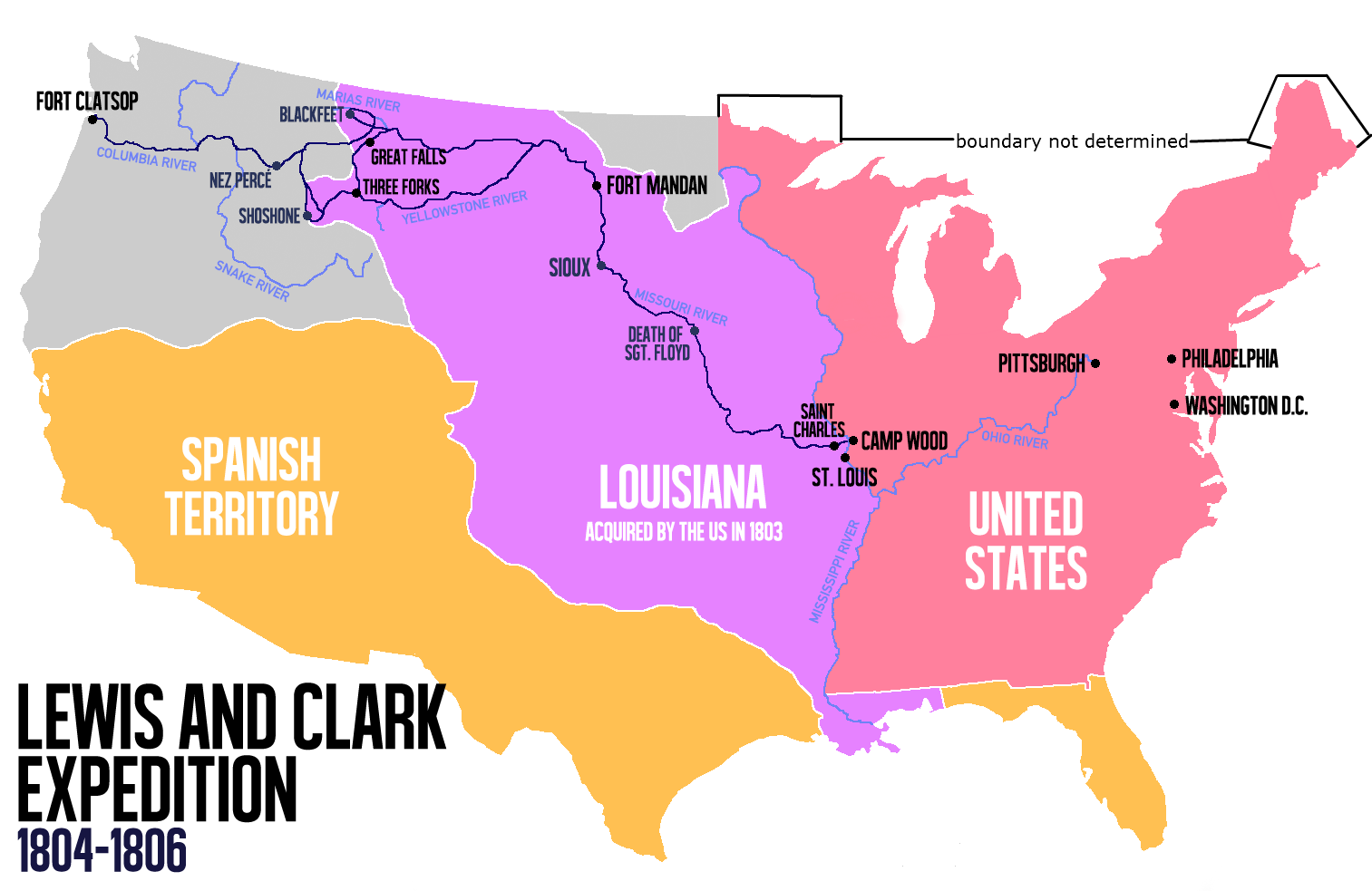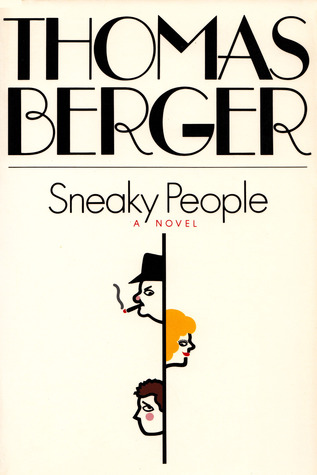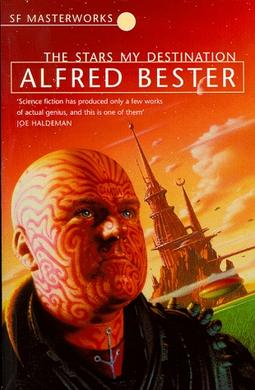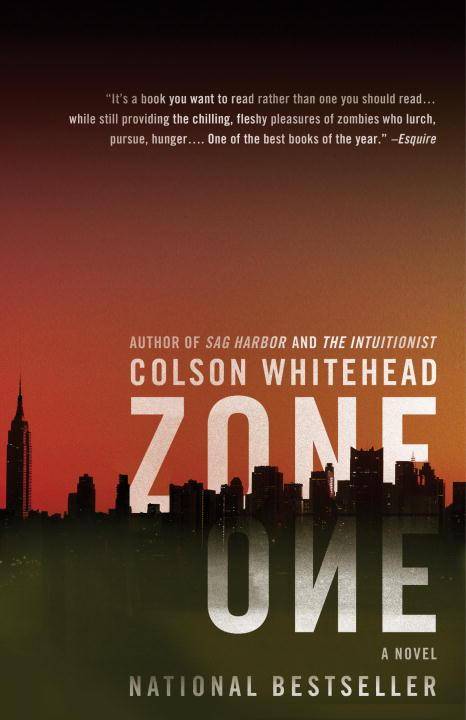 Today, we're going to talk about benders. We'll skip our wild drinking sprees and car accidents and look at a couple of recent books that bend the boundaries of historical fiction. Later this week, I'll show you some other genre straddlers.
Today, we're going to talk about benders. We'll skip our wild drinking sprees and car accidents and look at a couple of recent books that bend the boundaries of historical fiction. Later this week, I'll show you some other genre straddlers.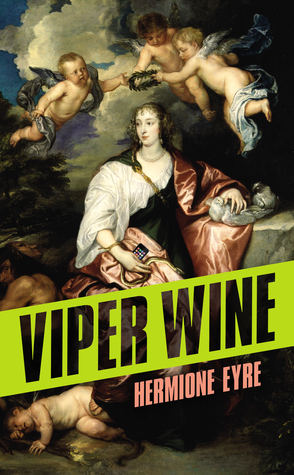 Let's start with Hermione Eyre's first novel, Viper Wine (Hogarth/Random House, April 14, 2015). The UK cover on the right features van Dyck's portrait of Venetia, Lady Digby, a real woman so famed for her beauty during the reign of Charles I, she inspired Ben Jonson's poetry and caused common folks to run alongside her carriage in the hopes of glimpsing her. If you look closely at the book's cover, you can see that a cellphone has been slipped into Venetia's hand. Some other modern products (I am not kidding when I tell you Spam––the pink, edible variety, not the annoying email––is one of them), famous people (i.e., Groucho Marx and Naomi Campbell), and discoveries show up in Eyre's book. Occasionally, these appearances are somewhat jarring or confusing, but I found most of them amusing. Elements of fantasy, magical realism, and time travel feature in this witty book of historical fiction. The writer herself even steps into the pages.
Let's start with Hermione Eyre's first novel, Viper Wine (Hogarth/Random House, April 14, 2015). The UK cover on the right features van Dyck's portrait of Venetia, Lady Digby, a real woman so famed for her beauty during the reign of Charles I, she inspired Ben Jonson's poetry and caused common folks to run alongside her carriage in the hopes of glimpsing her. If you look closely at the book's cover, you can see that a cellphone has been slipped into Venetia's hand. Some other modern products (I am not kidding when I tell you Spam––the pink, edible variety, not the annoying email––is one of them), famous people (i.e., Groucho Marx and Naomi Campbell), and discoveries show up in Eyre's book. Occasionally, these appearances are somewhat jarring or confusing, but I found most of them amusing. Elements of fantasy, magical realism, and time travel feature in this witty book of historical fiction. The writer herself even steps into the pages. |
| The US cover |
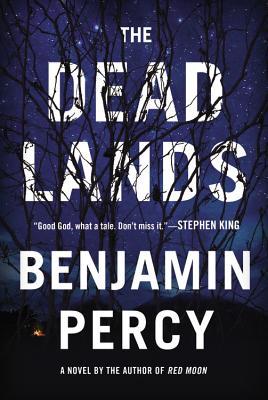 The death of the beauteous Venetia opens Viper Wine. Benjamin Percy's The Dead Lands (Grand Central Publishing, April 14, 2015) opens this way: "She knows there is something wrong with the baby."
The death of the beauteous Venetia opens Viper Wine. Benjamin Percy's The Dead Lands (Grand Central Publishing, April 14, 2015) opens this way: "She knows there is something wrong with the baby." Thus begins a post-apocalyptic tale set 150 years after an airborne flu (H3Ll) killed millions. The flu was so deadly, other countries launched nuclear weapons against the US in futile attempts to try to stop it. The resulting radiation accounts for the wasted Dead Lands inhabited by nightmarish beasts, such as hairless wolves and gigantic spiders, outside the Sanctuary created in what used to be St. Louis, Missouri. The 40,000 Sanctuary inhabitants believe they are the world's last human survivors. They are surrounded by a high wall of plaster, mortared stone, and metal cars.
One of the wall's sentries is Wilhelmina “Mina” Clark, a hot-headed young woman who feels not sheltered, but imprisoned in the Sanctuary. There, society has taken a backward turn, and water is running out. The new mayor, Thomas Lancer, and his sheriff, the genuinely creepy Rickett Slade, have created a society based on fear. One day, something happens to inspire Clark, oddball museum curator Lewis Meriwether, and their small band to escape and head for Oregon. It isn't clear how much the expedition members can trust each other. The Sanctuary's mayor schemes to stop them, but the Dead Lands could kill them first. Meanwhile, back at the Sanctuary, Lewis's museum assistant, Ella, and her friend, Simon, a thief, put their heads together.
All this is told in a very rich prose that you will eventually get caught up in, as I did, or find too much. Here's a sample:
"This morning, as the sun rises and reddens the world so that it appears it might catch flame, Clark stands at her sentry post atop the wall. Around it reaches a burn zone of some seventy yards. Beyond this grows a forest with many broken buildings rising from it, black-windowed, leaning messes of skeletal steel and shattered stone. The remains of the St. Louis Arch, collapsed in the middle, appear like a ragged set of mandibles rising out of the earth. In the near distance, where once the Mississippi flowed, stretches a blond wash of sand."Then, too, if you've read a lot about Lewis and Clark, as I have (in the Pacific Northwest, references to the Expedition are everywhere), you might be taken aback by Percy's eccentric portraits of the Expedition members' namesakes. Along with tamping down these intrusive thoughts, I had to ignore the voice of my scientific knowledge reminding me Percy's Dead Lands creatures are very unlikely results of radiation-caused mutations. If you don't have fixed expectations and can get past the scientific implausibilities, the journey's logical inconsistencies, and the nature of Percy's re-imagined historical characters, you might enjoy this mashup of historical and dystopian fiction, horror, fantasy, sci fi, and adventure thriller. I did, and now I'm amusing myself by mentally casting characters for a potential movie. I can't get a handle on the actors yet, but the Coen brothers would have to direct.
